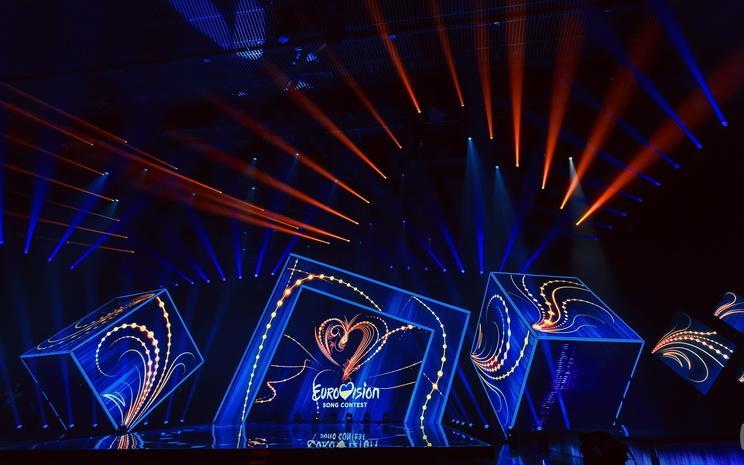
Catherine Baker, a senior lecturer in 20th-century history at the University of Hull in England, has said debates about whether contestants were fit to represent their country were common around the time of national selection competitions for Eurovision.
"But contestants have also had to become ambassadors in a more direct sense because of the publicity responsibilities associated with Eurovision's growing scale as an international event," Ms. Baker, who has studied the role politics plays in the singing contest, said in an email to The New York Times.
In turn, William Lee Adams, a journalist and founder of a blog about Eurovision, wrote on Twitter "Ukraine's broadcaster has done itself a total disservice."
"MARUV was gonna bring y'all glory!" he tweeted.
Read alsoUkrainian broadcaster: Ukraine not to take part in Eurovision 2020 if Russia hosts it
As UNIAN reported, MARUV, a winner of this year's national selection for the Eurovision song contest, has not been allowed to represent Ukraine in Tel Aviv, Israel, this May, according to UA:PBC, a public broadcaster that is entitled to sign a corresponding contract with the potential participant.
"The public broadcaster and MARUV, a singer who won the national selection for Eurovision, failed to reach an agreement on the issue of her participation in the Eurovision Song Contest 2019 for a number of reasons," the report said.
It was noted that following the negotiations, the broadcaster and the artist failed to find a common vision regarding the mission of Ukraine's representative at the international song contest.
According to Eurovision rules, the broadcaster must ensure the non-political nature of the competition, while the developments around this year's national selection have signs of politicization.
On Wednesday, February 27, UA:PBC decided not to send any participant to represent Ukraine at this year's Eurovision Song Contest that will be held in Tel Aviv, Israel.

